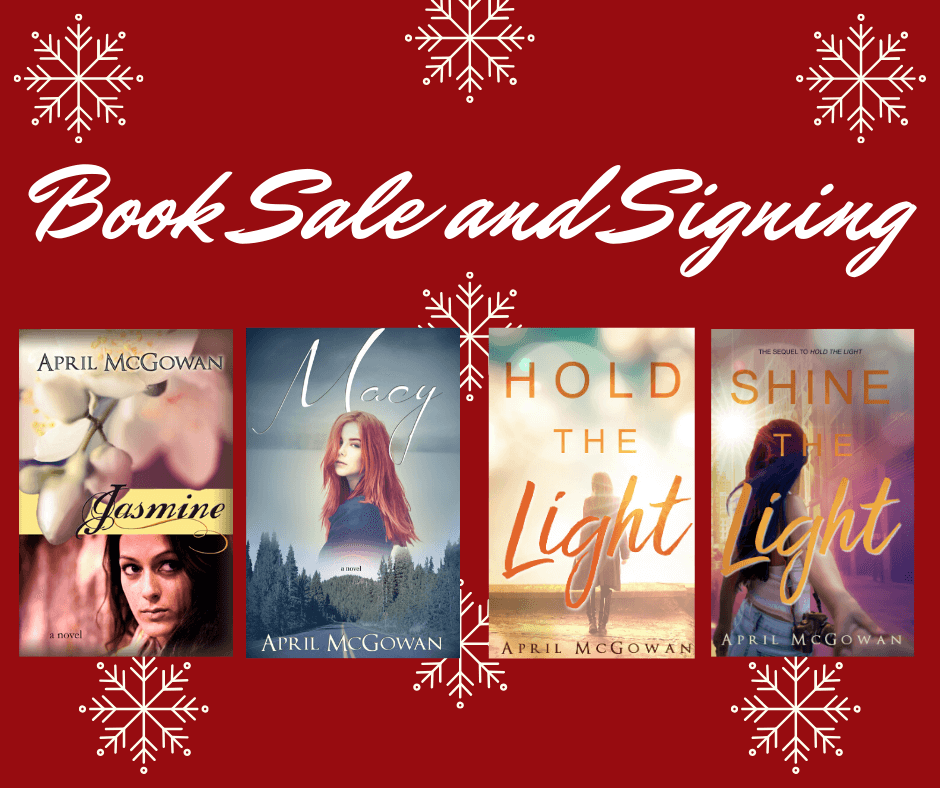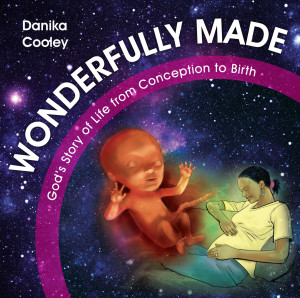And for a chance to win the giveaway, enter below
a Rafflecopter giveaway
1. What inspired you to write Wonderfully Made?
One of my kids’ favorite stories has always been the story of how God formed each of them in the womb, how they’re special and loved, and how anticipated their births were. They loved hearing about the day of their birth. I wanted moms in other families to be able to share that story with their children using science, Scripture, and beautiful illustrations.
2. What was your main goal in writing Wonderfully Made?
I want children to understand that they’re individually and purposefully created by a loving God, and that there is a second birth into the Kingdom of Heaven available to them. Each child is unique and special, and each is loved dearly not only by their parents, but also by their Father in Heaven.
I also want a new generation of children to grow up understanding the marvelous truth of what happens in the womb, and when it happens. I want them to know what Scripture says about life in the womb–both the creation of life and the existence of life.Both of those goals were heavy on my heart while writing Wonderfully Made, and I’m overjoyed to see the book available to families around the world.
3. Which part of researching Wonderfully Made was the most personally interesting to you?
Did you know that a baby’s heart starts beating at four weeks? That’s actually two weeks after conception. By eight weeks, six weeks after conception, all of the organs–other than the lungs–are working! And babies dream in the womb three months before they’re born. How amazing is that? Learning about the development of babies in the womb was so much fun for me. I also loved going through the Scripture that talks about life in the womb.
4. What are you reading right now? What authors (living or dead) have influenced you most?
Right now, I’m reading Everyday Grace by Jessica Thompson, Pitchin’ A Fit by Israel and Brook Wayne, Pilgrim’s Progress by John Bunyan, Church History in Plain Language by Bruce L. Shelley, Systematic Theology by Wayne Grudem, and the Gospels. Reading is definitely one of my favorite parts of my work–I read about a book a week for reviews, books with my boys, and bigger works on the side.
5. What was the book that most influenced your life — and why?
I was definitely a bookworm growing up, and I read everything I could get my hands on–some good, some not-so-good. This may sound cliche, but the book that has most influenced my life has been (and continues to be) the Bible. I’ve read it through many times, studied it, and it’s changed me. Isaiah 55:11 tells us that God’s Word never returns void, that it accomplishes what He purposed it for. It has certainly changed me.
I also love reading biographies about Christians that have gone before us. I find it so encouraging to see how God has worked in and through their lives. I also find it really interesting to read their writings–it helps me get outside of my 21st century American bias when I’m thinking through issues with Christian living and theology.
6. Do you have a certain writing space, somewhere you go “just” to write your books? An office, a lake cabin, a hotel? What do you love about that space? How does it inspire you?
We have a library that I love to work in late at night, after everyone is asleep. It’s nice to be surrounded by biographies and great works while writing. Also, I just really love the room–it’s filled with artwork my kids have done, and we’ve stuffed little mementos into the open spaces on the bookshelves.
7. Is there anything you find particularly challenging about writing a book?
I love writing. Research can sometimes be tedious or overwhelming, but it’s worthwhile to commit to researching well. I think it makes the story so much richer (and more accurate).
8. Did you always have a talent for writing, or is it something you wanted and needed to work harder to achieve?
I’ve always loved to write. That said, writing is a craft, and like any skill, it needs to be developed with practice, and through criticism and study. I’ve studied writing, I read widely, and I’ve had a lot of excellent input from some amazing editors and writers.
9. With all of the duties that you juggle, when do you fit in the time to write?
For me, finding time to write is the same as finding time to exercise, eat, or sleep. I consider it a necessity, so I work hard to make time for it. I’ve also sacrificed other activities to fit it in. I don’t watch television, I prioritize my time, and I often write when I might otherwise be sleeping.
10. Is your writing style different now than it was when you first began? In what ways have you grown in your writing?
I think it’s taken me time to find my voice and hone my skills, and I suspect that I will continue to improve as a writer–we always get better at the things we practice.
11. How did you get your start in writing/getting published?
I attended a writing conference for beginners at a local Christian college six and a half years ago. A children’s author graciously sat down with me and explained what I needed to do to write for children, and directed me to a local writer’s organization. I began attending conferences with Oregon Christian Writers four times a year, and writing for Christian children’s magazines. My first acceptance letter came three months after that first conference.
12. What do you recommend for others who are getting started?
It’s a good idea to find a local writer’s organization and learn about the business. I think writing for magazines is a clarifying process, which I highly recommend. Also, if you want to reach people for Christ, writing for magazines can really extend that reach.
13. What would you say to a young person who aspires to be a writer? What advice would you give? Also, what would you tell his/her parents in order to help them be supportive in their child’s efforts to pursue writing as a career?
The most important thing you can do is learn how to write. It’s also important to learn about the industry. Find writer’s conferences and workshops, attend, take notes, and really learn from the authors there. Don’t let rejection letters stop you–just keep working on your craft. I’d also suggest finding a mentor–someone who is already writing for publication–and humbly following their advice. Also, read widely. Read many genres, from different time periods. Practice writing, but as you do, think about what you’d like to say, and who you’d like to say it to.
14. Would your advice be any different for an adult who would like to break into the business? How?
My agent, Chip MacGregor, always says a successful writer should have great writing, a great idea, and a great platform (the people who read your work, or listen to you speak). It’s important to work on all three.
As far as platform goes, serve your readership. For my Christian friends, really work unto the Lord and glorify Him in all you do. He is sovereign over all things, and will open the doors He wants opened.
Really, writing professionally is a lot of work, but it’s also a great opportunity to communicate, to practice your craft, and to get to know some amazing people. I feel humbled and blessed to be writing professionally.
15. What else do you want readers to know? Consider your likes and dislikes, interests and hobbies, your favorite ways to relax — whatever comes to mind.
I love to play board games with my kids, hike, paint (I majored in art), garden, and cook. I love my family, and I feel so blessed to be able to spend time with them. I homeschool my younger two, and that’s just a gift. Teaching children about the Bible, theology, and Christian history is my passion–I hope to be a lifelong student, and a lifelong teacher.
Author Bio:
Danika Cooley is a married mother of four, a grandmother, a blogger, a curriculum developer, and a writer. She homeschools her two youngest children in Oregon. Danika’s three year Scripture survey for preschool to high school, Bible Road Trip, is used across the globe.
Website: ThinkingKids
Connect with Danika here:


